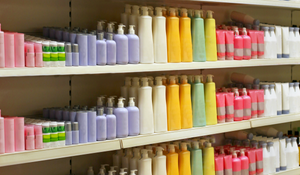
Beth Howell
Beth has been writing about the environment and climate change for over four years now – with her work being featured in publications such as The BBC, Forbes, The Express, Greenpeace, and in multiple academic journals.
Before setting up CleanHub, our three founders — Joel Tasche, Florin Dinga, and Bosse Rothe — ventured across the world to explore areas that currently lack proper waste infrastructure.
Their first experience of the waste management sector in Asia was nothing short of eye-opening.
Over the course of their research, the three of them visited projects funded by large multinationals (which had more than questionable working environments), snuck into landfills guarded by armed forces, explored a waste-to-energy plant that was still under construction, and spoke to waste pickers roaming landfills for items to resell.
With people at the heart of their mission, they also talked to locals and found that farmers had lost 70% of their livestock because cattle were drinking contaminated water from illegal landfills.
But let’s tell this story from the beginning with the question that started it all — what can we do about the huge volumes of plastic floating around in our oceans?
Read on to find out more.
What's on this page?
01 | The starting point — why plastic pollution?
02 | On-the-ground research
03 | Discovering the problem with plastic
04 | Our solution
05 | Summary: Leading the way to a circular economy
The starting point — why plastic pollution?
Joel, Florin, and Bosse originally met in Zurich. At the time, Bosse was working in a computer vision startup, before setting up a fund in the cryptocurrency field, while Joel and Florin were working for a tech start-up.
Admitted their privilege, the three were able to travel to more than 70 countries over the course of their lives. The main activities on these trips? Sailing, surfing, hiking, skiing — or just enjoying a cold drink on one of the beautiful beaches of Southeast Asia, Africa, or Latin America.
It was through this exposure to the outdoors and surfing community that the founders first encountered the problem of plastic pollution. It was everywhere.
For them, this was a turning point — the point when they decided to dedicate their careers to protecting and preserving the oceans we love so dearly.
What followed was a period of carrying out extensive research, attending conferences on the circular economy, going to industry gatherings with plastic recyclers, turning up to lobby meetings of waste-to-energy companies, visiting recycling companies, and even having a spontaneous trip to Kuwait.
Finally, they came to a conclusion: If we really want to solve the plastic pollution dilemma, we need to understand the situation where plastic pollution is at its worst — Southern Asia.
And so, three weeks later, they caught a plane to India with one clear mission — to understand why so much plastic enters the oceans from there and why the litter rate is so much higher than elsewhere.
On-the-ground research
During their trip to India, our three founders stayed with a local family — and to their surprise, nobody knew what was happening to the waste in their bin.
To investigate further, they followed the family's waste bag once collected, and found themselves at a dumpsite where the waste was put on agricultural land without any protection or treatment. It was then set on fire to reduce the waste volume.
And that happens on different scales. Many households in India, and other parts of South Asia, have no other option but to burn their waste near their homes because the region simply lacks proper waste infrastructure.
Our founders saw people living and raising families in landfills and waste villages, where people search through the waste looking for anything that they can sell.
Clearly, the threat to the environment and people’s health actually starts way before plastic enters the oceans.
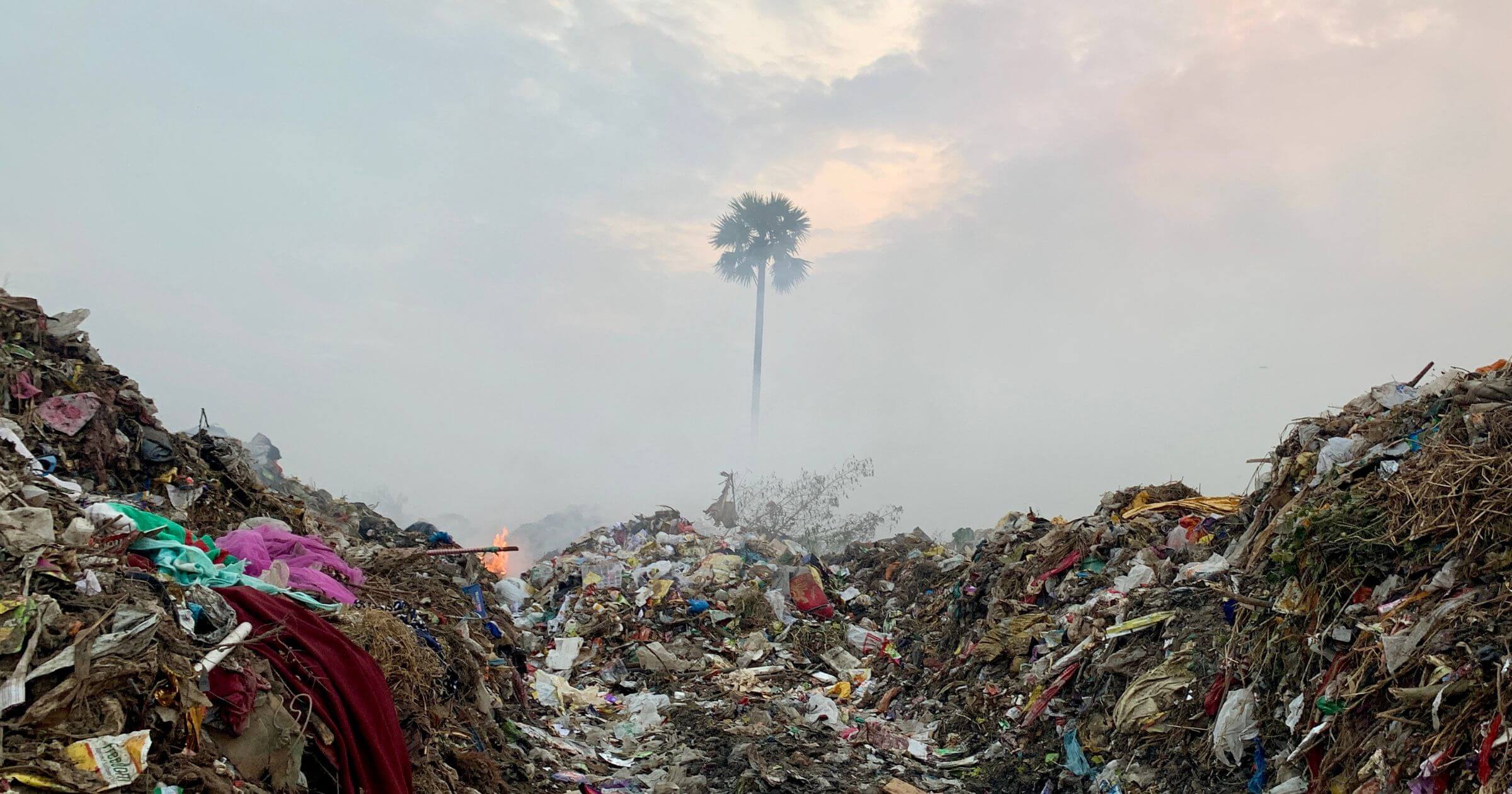
Discovering the problem with plastic
Despite living with litter scattered along the streets, with people burning waste on their doorsteps, many regions in Asia are actually living in a form of circular economy.
In India, for example, household incomes can be as low as $150 a month — that means any waste of value lying around will be collected and fed back into the economy. Everything that can be recycled will be recycled.
The three founders discovered that a huge informal sector exists in these countries, with waste collectors working under inhumane conditions, in unsecured landfills, collecting plastic bottles and other recyclable plastics that have value.
But that still leaves a lot of non-recyclable waste that has no value. Since this material has no value to locals (because it can't be sold to recyclers), it's either:
- Openly burned in small backyard fires or in landfills
- Carried away into nature by the monsoon or strong winds
Joel, Florin, and Bosse were faced with stark reality. Until this point, they thought they could somehow solve the problem by recycling plastic — but it was now very clear that recycling alone was not enough.
The main takeaway from the research trip? Nothing of value will be thrown away. And that also formed the basis for their solution.
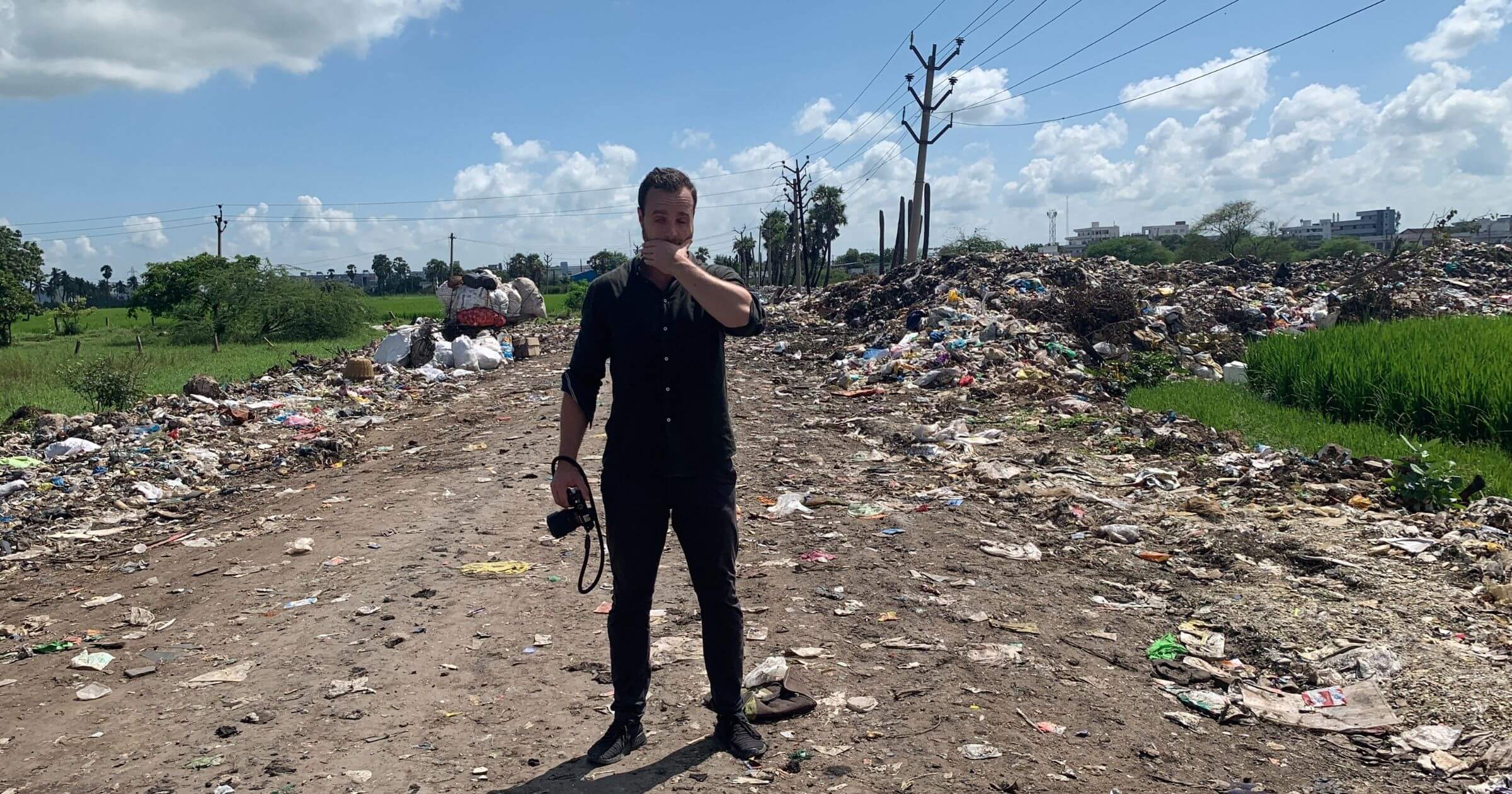
Our solution
Our founders' solution to the plastic pollution problem we face globally was to build an equal economy for the non-recyclable plastic that isn’t currently collected in Asia.
We only need to look to European countries to see that this model is possible. In Germany, for example, producers of packaging waste need to pay a fee for every piece of packaging that is put into the market. That fee then finances the continuous waste collection and treatment.
This has now become a multi-billion industry in Germany alone.
After discussing the plans, our founders began testing the waters. They reached out to recycling companies in India to see if they would sell their non-recyclable material, and asked waste pickers if they would collect the material that they usually left behind if we paid them a fixed price per kilogram.
Unsurprisingly, the answer was always a resounding yes.
Now that this was clarified, new obstacles arose: How to finance the collection and disposal, what to do with the waste, and how to make sure the process is smooth and transparent.
How we approached financing plastic collection and disposal
Once back in Europe, the three founders contacted large consumer goods companies to see whether they would pay the bill if we offered an environmental service.
Surprisingly, the answer was almost always yes, followed by a whole lot of unsurprising "buts" — "But how do you make sure that the plastic is collected safely?", "But how do you make sure that the plastic is disposed of properly?", "But how do I make sure that you actually perform your service?"
To answer these queries, the founders scouted local waste collection companies in India that we could trust with their operations. As a business, we needed to make sure work environments were safe, that no child labor was in place, and that no one was forced to work.
Once they found the perfect fit, our founders contracted them to collect the non-recyclable plastics for us.
What we decided to do with the waste collected
The next step was to Geocycle, which is a waste management company that comes under Holcim — the largest cement manufacturing company in the world.
This business utilizes plastic waste in its production process, a technology called co-processing.
Using non-recyclable plastic waste as fuel not only helps us work towards a circular economy but also helps certain industries move away from coal and gas. Dust, soil, and other mineral contaminants in the waste stream are recycled into new cement.
Want to learn more about this? Check out our helpful article: What Happens to the Plastic CleanHub Collects?
How we made sure the process was smooth and transparent
Finally, Florin worked his magic and built software that tracks each step of the disposal process from waste collection to the final co-processing of the material.
With our digital platform, we were now able to deliver the proof of work that the material had been collected and disposed of properly.
Not only does this make the collection process much easier for waste workers, but it also provides a detailed paper trail of plastic collected, meaning brands that partner with us can rest assured they're not greenwashing.
Find out more about this on our technology page.
Summary: Leading the way to a circular economy
It's been a long journey for Joel, Florin, and Bosse. Fast forward a few years from this initial point and CleanHub now works with over 250 brands worldwide, and has collected more than 8,000,000kg of plastic.
We've got high hopes for the future here at CleanHub, and will continue striving to improve the health of local communities, the ocean, and the planet as a whole.
Want to reduce your business’s plastic footprint? We can help. All you have to do is get in touch with our in-house team. Once we’ve received your details, we can arrange a call to discuss which plastic recovery plan will suit your business needs best.

.webp)
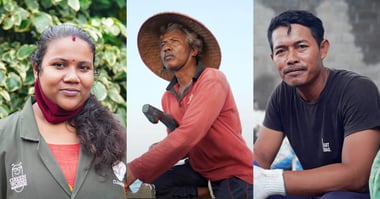
-1.jpeg?width=380&name=8a81c9a8-61ad-450f-a366-9c4b7a70237c_8G3bu04g%20(1)-1.jpeg)
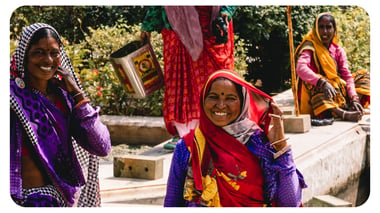
.jpg?width=380&name=_DSC7838%20(1).jpg)
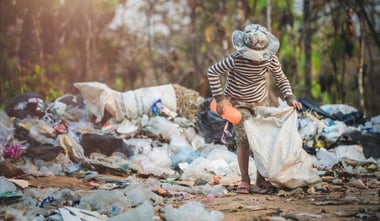

%20(1).jpg?width=380&name=MRF%20opening%20photo%203%20(1)%20(1).jpg)
.webp?width=380&name=CEOfounders%20(1).webp)

